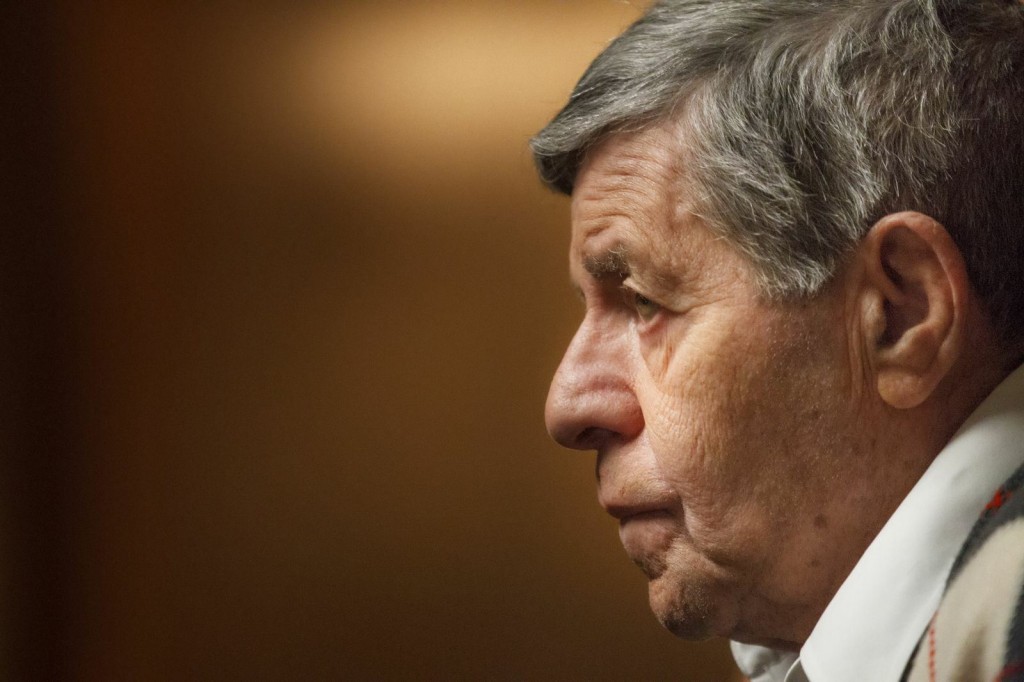Max Rose Review
Directed by Daniel Noah, only his second feature since his debut in 2001, Max Rose premiered at the Cannes Film Festival with dozens of photographers, multiple video cameras and hundreds of highly excitable guests in attendance. Why so much fanfare and a circus like atmosphere for such a relatively small screening? It’s all because of one man, Jerry Lewis.
Max Rose is Lewis’ first starring role in decades and it is perhaps no surprise that the Cannes Film Festival was chosen as the platform for his return after a long absence. Lewis has been far more popular in France for many years than he has in America and French critics have long championed his work, taking him far more seriously as an artist than he generally was in his home country. Lewis was therefore greeted at the festival with cheers of “Jerry!”, applause and enough flash bulbs to blind the 87 year-old actor. His response, after standing for photos for around ten seconds, was simply “Where’s my seat?” and when asked by festival director Thierry Fremaux if there was anything he wanted to say about they film he replied (shouting) “No! I got here at 10 after 1, you putz!” If only Lewis was as animated on screen in Max Rose.
As the titular Max Rose Lewis is reasonably adequate, playing the thinly written character with a hint of melancholy and a lot of curmudgeonly behaviour but the fact that this is his first significant role in some time seems to be something that Noah is unable to ignore. The camera seemed to be placed on set by Noah purely to film Lewis, with other characters often fading into the background, their lack of importance to the narrative only highlighted by Noah’s reverence to Lewis. In addition, closing credits made up of archive footage of Jerry Lewis make the whole affair feel more like a memorial than a film.
In the film the recently widowed Max Rose discovers that his wife had been hiding something from him for over fifty years and with a mixture of grief and anger overwhelming him Max decides that he must discover what happened between her and a man named Ben. If Max was a compellingly written character this hunt might be of some interest, although the search mostly involves him frantically looking through pictures whilst an apparition of his wife talks to him, but there’s almost nothing in the writing to encourage an audience to engage with Max or the film in general.
Add to this some truly awful dialogue, which generally attempts to spell out the already sparse plot, all of which so poorly delivered that one wonders if they only shot one take, and it’s hard to see how anyone involved considered this effort good enough to release. The production design and cinematography also come up sorely lacking, with a flat and lifeless look to the film only adding to the overall dullness.
A disastrous return to the screen for Lewis, although the blame does not seem to really lay at his feet, but one which received a lengthy standing ovation at the Cannes Film Festival. Despite the fact that a number of those clapping had quite obviously dozed off during the film.
